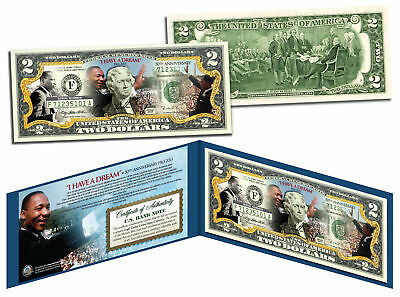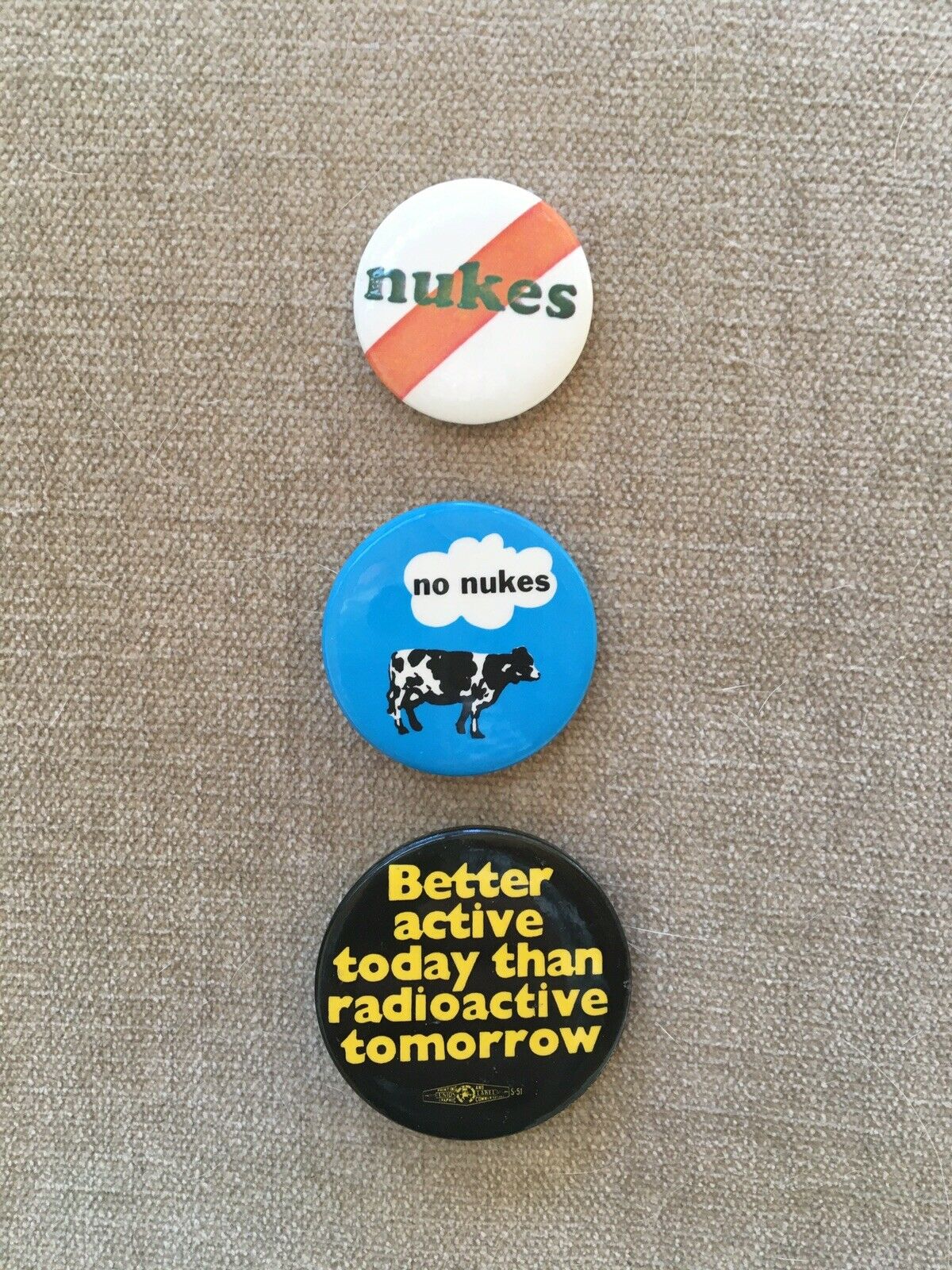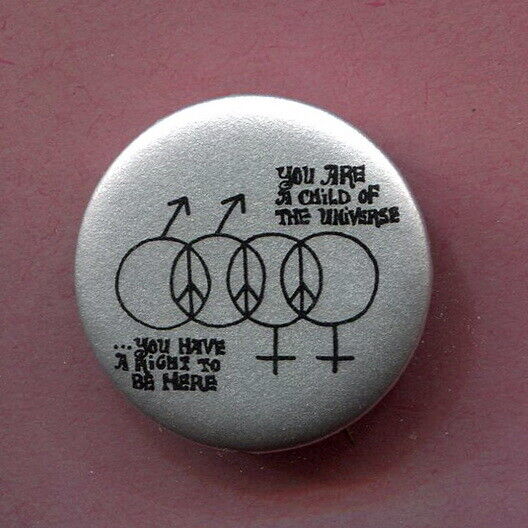-40%
1972 Bazilian Communist Party 50 Year Anniv. Anti Dictatorship in Brazil Pin
$ 10.53
- Description
- Size Guide
Description
THIS LISTING BEGAN ON SEPTEMBER 17, 2021 ANDWILL END WITHIN 30 DAYS
,
ON OR BEFORE OCTOBER 17, 2021,
IF THE ITEM IS NOT SOLD
OFFERED FOR SALE IS THIS
1 INCH BY 7/8 INCH HEAVER METAL PINBACK BUTTON - BADGE
I
N WHAT I BELIEVE TO BE REALLY NICE SHAPE.
HOWEVER, THAT IS JUST MY OPINION. SEE PHOTOS FOR CONDITION, AND YOU BE THE JUDGE.
IF YOU HAVE ANY QUESTIONS, PLEASE CONTACT ME BEFORE BIDDING OR BUYING.
RETURNS ARE NOT ACCEPTED UNLESS THE ITEM IS NOT AS DESCRIBED OR SHOWN IN THE PHOTOS OR HAS SIGNIFICANT DAMAGE OR DEFECTS NOT VISIBLE IN THE PHOTOS OR OTHERWISE DESCRIBED.
GUARANTEED AUTHENTIC AND ORIGINAL AS DESCRIBED
.
Check out my other Political and Social Protest and Cause items!
This pin was issued and sold in 1972 by the Brazilian Communist Party (PCB) in 1972 in celebration of the 50th Anniversary of its founding in 1922.
The pin has nice graphics, with a map of Brazil and reads: 1922 - 1972 P. C. BRASILEIRO. There is a hammer and cycle in the lower right corner.
The Brazilian Communist Party
( PCB: in Portuguese,
Partido Comunista Brasileiro
), originally Communist Party of Brazil (Partido Comunista do Brasil), is a political party in Brazil
founded in 1922
which asserts it is the oldest political party still active in the nation. The youth wing of PCB is known as
Young Communist Union.
The Brazilian Communist Party played an important role in the country's 20th-century history despite the relatively small number of members. A factional dispute led to the formation of PCdoB (
Communist Party of Brazil
) in the 1960s, though both communist parties were united in
opposition to the Brazilian military government that ruled from 1964 to 1985
.
In the
1960s, the PCB grew in size and exercised a much greater role in the Brazilian left
. However, the alliance forged with the other parties did not survive the
1964 Brazilian coup d'état
.
PCB played an
important role against the dictatorship
, by
organizing the workers movement
and participating in efforts to unite the opposition in its demands for democratic reforms. At that point in time the
communists were a fraction of the democratic opposition front
, the
Brazilian Democratic Movement
(MDB).
It refused, for example, to engage in armed struggle, differently from other left-wing organizations that decided to follow that path. The clandestine operations and the political disputes regarding the strategies to resist the military regime led to
many important leaders leaving the party, while many others died in the hands of the military regime
.
This underground pinback button pin or badge relates to the Hippie (or Hippy ) Counterculture Movement of the psychedelic Sixties (1960s and Seventies (1970s). That movement included such themes and topics as peace, protest, civil rights, radical, socialist, communist, anarchist, union labor strikes, drugs, marijuana, pot, weed, lsd, acid, sds, iww, anti draft, anti war, anti rotc, welfare rights, poverty, equal rights, integration, gay, women's rights, black panthers, black power, left wing, liberal, etc. progressive political movement and is guaranteed to be genuine as described.
THIS IS MY HOBBY AND IS
NOT A BUSINESS
. THIS AND MY OTHER ITEMS ON EBAY ARE FROM MY PERSONAL COLLECTIONS AND WERE NOT INITIALLY ACQUIRED BY ME FOR RESALE. PROCEEDS GO TO BUY OTHER STUFF I AM INTERESTED IN COLLECTING.
I HAVE BEEN A LONG TIME MEMBER OF
A. P. I .C. (AMERICAN POLITICAL ITEMS COLLECTORS)
. IF YOU ARE NOT A MEMBER, YOU SHOULD CONSIDER JOINING.
IT IS A GREAT ORGANIZATION!
SHIPPING:
ITEMS WILL BE SAFELY PACKED TO AVOID DAMAGE DURING SHIPPING. ITEMS ARE SHIPPED BY
FIRST CLASS MAIL
.
SHIPPING TO DESTINATIONS
WITHIN THE UNITED STATES
IS
.50
OUTSIDE THE UNITED STATES
, SHIPPING IS
.00.
I WILL
REDUCE SHIPPING CHARGES ON MULTIPLE ITEMS
. HOWEVER,
TO RECEIVE IT YOU MUST WAIT TO PAY UNTIL YOU RECEIVE AN INVOICE WITH REDUCED SHIPPING COSTS
. YOU CAN ALSO REQUEST ONE. ONCE YOU HAVE PAID INDIVIDUAL SHIPPING CHARGES FOR MULTIPLE ITEMS, I CANNOT REFUND THEM IN PART OR IN FULL.
SO PLEASE WAIT TO PAY
.
THANK YOU FOR YOUR INTEREST.
The Deacons emerged as one of the first visible self-defense forces in the South and as such represented a new face of the
civil rights
movement. Traditional civil rights organizations remained silent on them or repudiated their activities. They were effective however in providing protection for local African Americans who sought to register to vote and for white and black civil rights workers in the area. The Deacons, for example, provided security for the 1966 March Against Fear from Memphis to Jackson,
Mississippi
. Moreover their presence in Southeastern Louisiana meant that the Klan would no longer be able to intimidate and terrorize local African Americans without challenge.
The strategy and methods that the Deacons employed attracted the attention and concern of the Federal Bureau of Investigation (FBI), which authorized an investigation into the group’s activities. The investigation stalled, however, when more influential black power organizations such as US and the
Black Panther Party
emerged after the
1965 Watts Riot
. With public attention, and the attention of the FBI focused elsewhere, the Deacons lost most of their notoriety and slowly declined in influence. By 1968 they were all but extinct. In 2003 the activities of the Deacons was the subject of a 2003, “Deacons for Defense.” - See more at: /aah/deacons-defense-and-justice#sthash.s6D3h3ZZ.dpuf
On July 10, 1964, a group of African American men in Jonesboro,
Louisiana
led by Earnest “Chilly Willy” Thomas and Frederick Douglas Kirkpatrick founded the group known as The Deacons for Defense and Justice to protect members of the
Congress of Racial Equality (CORE)
against Ku Klux Klan violence. Most of the “Deacons” were veterans of
World War II
and the
Korean War
. The Jonesboro chapter organized its first affiliate chapter in nearby Bogalusa, Louisiana led by Charles Sims, A.Z. Young and Robert Hicks. Eventually they organized a third chapter in Louisiana. The Deacons tense confrontation with the Klan in Bogalusa was crucial in forcing the federal government to intervene on behalf of the local African American community. The national attention they garnered also persuaded state and national officials to initiate efforts to neutralize the Klan in that area of the Deep South.
The Deacons emerged as one of the first visible self-defense forces in the South and as such represented a new face of the
civil rights
movement. Traditional civil rights organizations remained silent on them or repudiated their activities. They were effective however in providing protection for local African Americans who sought to register to vote and for white and black civil rights workers in the area. The Deacons, for example, provided security for the 1966 March Against Fear from Memphis to Jackson,
Mississippi
. Moreover their presence in Southeastern Louisiana meant that the Klan would no longer be able to intimidate and terrorize local African Americans without challenge.
The strategy and methods that the Deacons employed attracted the attention and concern of the Federal Bureau of Investigation (FBI), which authorized an investigation into the group’s activities. The investigation stalled, however, when more influential black power organizations such as US and the
Black Panther Party
emerged after the
1965 Watts Riot
. With public attention, and the attention of the FBI focused elsewhere, the Deacons lost most of their notoriety and slowly declined in influence. By 1968 they were all but extinct. In 2003 the activities of the Deacons was the subject of a 2003, “Deacons for Defense.” - See more at: /aah/deacons-defense-and-justice#sthash.s6D3h3ZZ.dpuf
On July 10, 1964, a group of African American men in Jonesboro,
Louisiana
led by Earnest “Chilly Willy” Thomas and Frederick Douglas Kirkpatrick founded the group known as The Deacons for Defense and Justice to protect members of the
Congress of Racial Equality (CORE)
against Ku Klux Klan violence. Most of the “Deacons” were veterans of
World War II
and the
Korean War
. The Jonesboro chapter organized its first affiliate chapter in nearby Bogalusa, Louisiana led by Charles Sims, A.Z. Young and Robert Hicks. Eventually they organized a third chapter in Louisiana. The Deacons tense confrontation with the Klan in Bogalusa was crucial in forcing the federal government to intervene on behalf of the local African American community. The national attention they garnered also persuaded state and national officials to initiate efforts to neutralize the Klan in that area of the Deep South.
The Deacons emerged as one of the first visible self-defense forces in the South and as such represented a new face of the
civil rights
movement. Traditional civil rights organizations remained silent on them or repudiated their activities. They were effective however in providing protection for local African Americans who sought to register to vote and for white and black civil rights workers in the area. The Deacons, for example, provided security for the 1966 March Against Fear from Memphis to Jackson,
Mississippi
. Moreover their presence in Southeastern Louisiana meant that the Klan would no longer be able to intimidate and terrorize local African Americans without challenge.
The strategy and methods that the Deacons employed attracted the attention and concern of the Federal Bureau of Investigation (FBI), which authorized an investigation into the group’s activities. The investigation stalled, however, when more influential black power organizations such as US and the
Black Panther Party
emerged after the
1965 Watts Riot
. With public attention, and the attention of the FBI focused elsewhere, the Deacons lost most of their notoriety and slowly declined in influence. By 1968 they were all but extinct. In 2003 the activities of the Deacons was the subject of a 2003, “Deacons for Defense.” - See more at: /aah/deacons-defense-and-justice#sthash.s6D3h3ZZ.dpuf
On July 10, 1964, a group of African American men in Jonesboro,
Louisiana
led by Earnest “Chilly Willy” Thomas and Frederick Douglas Kirkpatrick founded the group known as The Deacons for Defense and Justice to protect members of the
Congress of Racial Equality (CORE)
against Ku Klux Klan violence. Most of the “Deacons” were veterans of
World War II
and the
Korean War
. The Jonesboro chapter organized its first affiliate chapter in nearby Bogalusa, Louisiana led by Charles Sims, A.Z. Young and Robert Hicks. Eventually they organized a third chapter in Louisiana. The Deacons tense confrontation with the Klan in Bogalusa was crucial in forcing the federal government to intervene on behalf of the local African American community. The national attention they garnered also persuaded state and national officials to initiate efforts to neutralize the Klan in that area of the Deep South. - See more at: /aah/deacons-defense-and-justice#sthash.s6D3h3ZZ.dpuf










